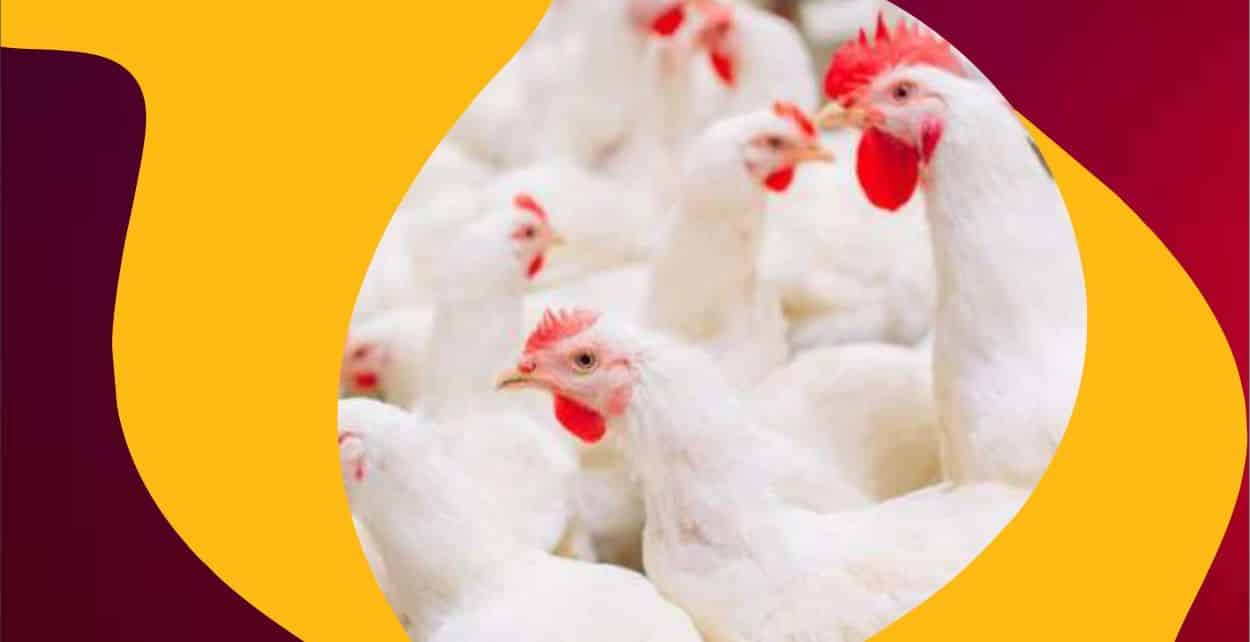Pakistan’s poultry sector, grappling with severe challenges such as price instability influenced by feed mills, has seen a significant decline, with a 40% reduction in overall industry performance due to poorly devised strategies.
Experts point to various causes for this downturn, including flawed management in the broiler breeding sector, inadequate husbandry practices, unsanitary conditions, insufficient bio-security measures, quarantines, low return on investment (ROI), and precarious feed transactions reliant on credit. They note the industry’s unpredictability, with chicken meat prices fluctuating wildly, sometimes ranging from Rs550 to Rs250 per kilogram due to an ineffective demand and supply mechanism in the local market.
Over the past six years, the poultry industry’s once steady growth rate of 7% to 8% annually has plummeted by 40%. Feed production has decreased from 9 or 9.5 million tonnes six years ago to about 5.5 or 6.5 million tonnes yearly.
With the feed industry not generating sufficient profits, its ability to extend credit to customers has significantly dwindled, causing a drastic reduction in industry volume. Previously, profits ranging from 8% to 10% on listed feed prices were common, but now, these margins have fallen to around 3%.
The poultry industry operates as an integrated system, encompassing feed mills, poultry farms, and fluctuating broiler rates. Government interventions in poultry pricing, often for short-term political gains, detrimentally affect the industry over the long haul. For instance, price reductions during Ramazan adversely affect small-scale farmers. The industry’s success relies heavily on luck; cold weather can lead to disease outbreaks among birds, causing prices to drop and significant losses across the industry.
The vulnerable industry requires governmental support, such as export incentives, facilitation for importing essential chicken feed ingredients through Letters of Credit (LCs), and an end to broiler market rate manipulation, which is crucial for sustainability.






